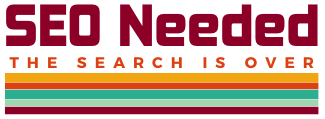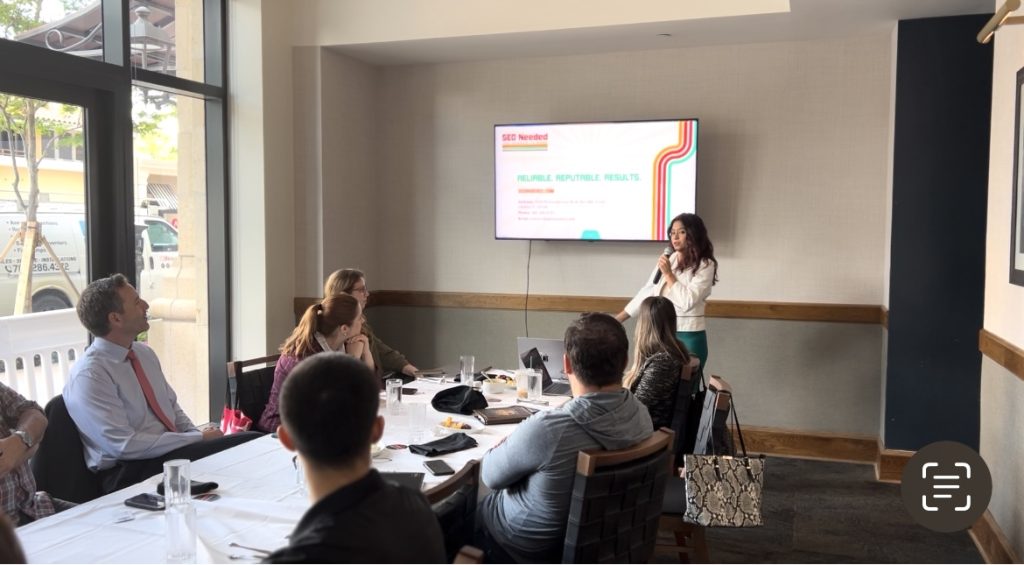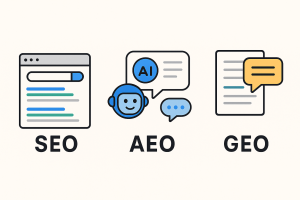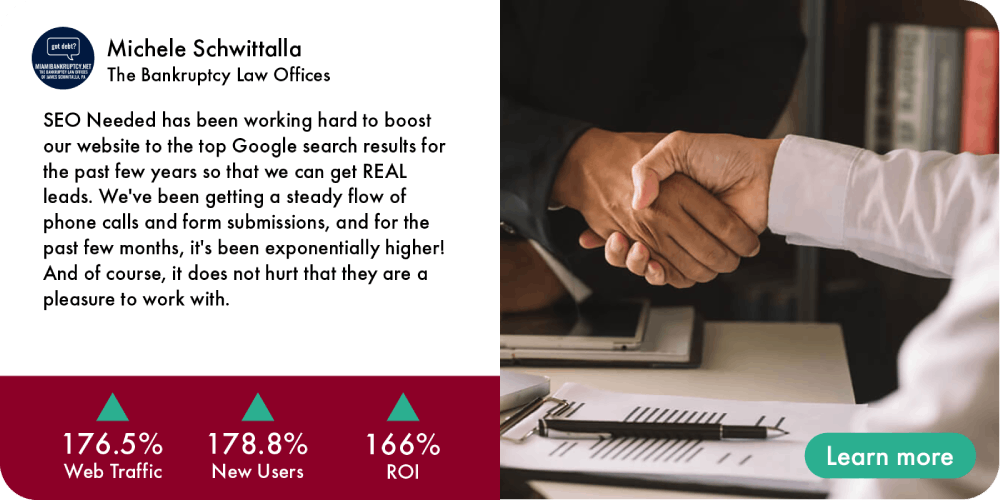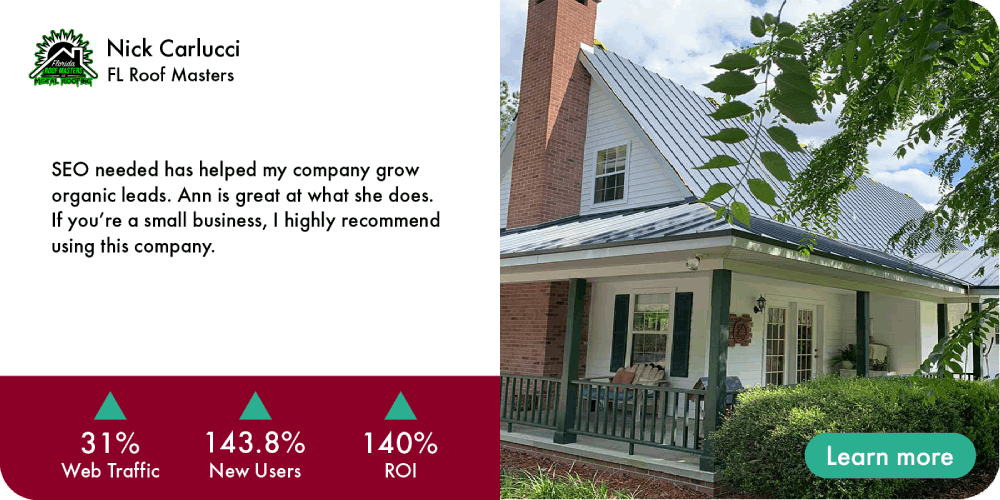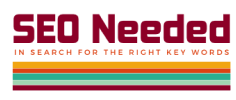In the digital world, on-page SEO is a crucial component of any successful search engine optimization strategy. By focusing on optimizing your website’s content and structure, you can improve your visibility in search engine results, attract more visitors, and enhance the user experience. This article will cover essential on-page SEO tips and strategies, highlighting the importance of partnering with a professional Miami SEO firm to achieve your goals.
Understanding On-Page SEO
On-page SEO refers to the practice of optimizing individual web pages to rank higher and earn more relevant traffic in search engines. Unlike off-page SEO, which involves external factors like backlinks, on-page SEO focuses on the content and structure within your website. The key elements of on-page SEO include content quality, keyword usage, meta tags, URL structure, and internal linking to boost your organic SEO presence.
Content Quality
High-quality content is the backbone of on-page SEO. Search engines prioritize websites that provide valuable, relevant, and informative content to users. Here are some seo tips to enhance your content quality:
1. Keyword Research:
Conduct thorough keyword research to identify the terms and phrases your target audience is searching for. Use these keywords strategically within your content to improve its relevance. For example, a Miami SEO firm might target keywords like “Miami SEO firm” to attract local businesses seeking SEO services.
2. Engaging Content:
Create content that is engaging, informative, and easy to read. Use headings, bullet points, and images to break up the text and make it more digestible. Ensure your content addresses the needs and questions of your audience.
3. Originality:
Avoid duplicate content at all costs. Search engines penalize websites that use copied content, so ensure all your content is original and unique.
Keyword Optimization
Effective keyword optimization is essential for on-page SEO. Here are some seo tips to help you optimize your keywords:
1. Title Tags:
Incorporate your primary keyword into your title tag. The title tag is one of the most important on-page SEO elements, as it tells search engines what your page is about.
2. Meta Descriptions:
Write compelling meta descriptions that include your primary keyword. Meta descriptions appear in search results below the title tag and can influence click-through rates.
3. Header Tags:
Use header tags (H1, H2, H3) to organize your content and include keywords where appropriate. Header tags help search engines understand the structure of your content and its main topics.
4. Keyword Density:
Avoid keyword stuffing, which can lead to penalties. Aim for a natural keyword density, ensuring your keywords fit seamlessly within the content.
Meta Tags
Meta tags play a vital role in on-page SEO by providing search engines with information about your web pages. Here are some seo tips for optimizing meta tags:
1. Title Tag:
Keep your title tag concise, typically between 50-60 characters, and include your primary keyword.
2. Meta Description:
Write a compelling meta description that accurately summarizes your content and includes your primary keyword. Aim for 150-160 characters.
3. Alt Text:
Use alt text for images to describe what the image depicts. Include relevant keywords in the alt text to improve your SEO.
URL Structure
A clean and descriptive URL structure is essential for both search engines and users. Here are some seo tips for optimizing your URL structure:
1. Descriptive URLs:
Use descriptive URLs that include relevant keywords. Avoid long, complex URLs with unnecessary parameters.
2. Hyphens:
Use hyphens to separate words in your URLs. Hyphens improve readability and are preferred by search engines over underscores.
3. Consistency:
Maintain a consistent URL structure across your website. This helps search engines crawl your site more effectively.
Internal Linking
Internal linking involves linking to other pages within your website. This practice helps search engines understand the relationship between your pages and improves navigation for users. Here are some seo tips for effective internal linking:
1. Relevant Links:
Link to relevant pages within your content. For example, a blog post about on-page SEO could link to another post about keyword research.
2. Anchor Text:
Use descriptive anchor text that includes relevant keywords. Avoid generic anchor text like “click here.”
3. Site Navigation:
Ensure your website’s navigation is clear and intuitive. A well-structured navigation system improves the user experience and helps search engines crawl your site.
Conclusion
Optimizing your website’s content and structure through on-page SEO is crucial for improving your search engine rankings and attracting more visitors. By focusing on content quality, keyword optimization, meta tags, URL structure, and internal linking, you can create a strong foundation for your SEO strategy. For expert guidance and personalized SEO solutions, consider partnering with a professional Miami SEO firm. Schedule a consultation here to take the first step towards optimizing your online presence.
